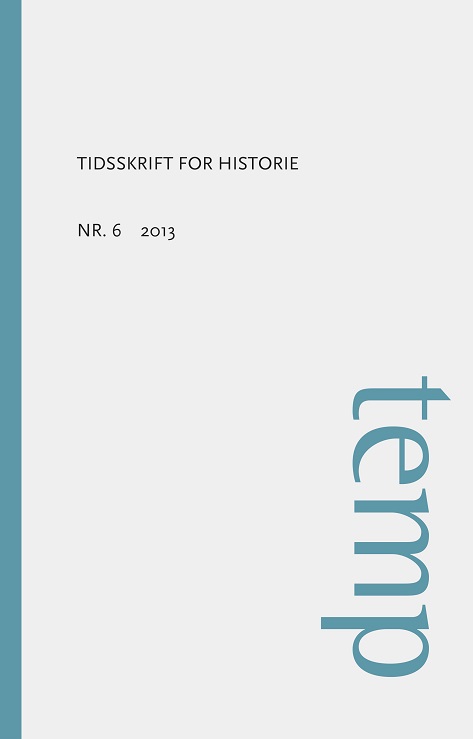TIGERTANKS, MAGINOTLINJER OG IMPERIEDRØMME OM HISTORIEBRUG I POPULÆRKULTURENS NYE DARLING: COMPUTERSPILLET
Nøgleord:
populærkultur, historiebrug, computerspil, historiekommunikation, fiktionResumé
ABSTRACT
Tiger Tanks, Maginot Lines and Dreams of Empire:
On the Uses of History in the New Pop Cultural Darling, the Video Game
This article presents a series of perspectives on the uses of history in video games. Though historical video games are at first sight an immensely differentiated field, there are certain common characteristics through which history is communicated within these games. In the games, history is represented through symbols, simulated through rules and retold through narratives (often with an ideological touch). The central argument: If we want to map out and understand the ’historicalness’ of the games, we must be aware of the genre conventions that circumscribe them. Furthermore, the article tries to supplement the ongoing debate between ‘narratologists’ and ‘ludologists’ within digital games studies. Both seem to downplay the role of the player, reducing her to either an un-reflected reader/absorber of ideological narratives, or expecting her to be strictly interested in the ludic challenge/core of the game – thus ignoring the fictional shell. Basing its arguments on interviews with a group of players, the article proposes that when playing historical video games, the players invests their historical consciousness in the game, demanding historical accuracy and recognizability, and actively seek the historically satisfying drama – even if it sometimes means playing ‘irrationally’.
Downloads
Publiceret
Citation/Eksport
Nummer
Sektion
Licens
Copyright temp - tidsskrift for historie og forfatterne.
Artikler publiceret i Temp må citeres, downloades og videresendes for ikke-kommerciel brug, under forudsætning af normal akademisk reference til forfatter(e) samt tidsskrift, årgang, nummer og sider. Artiklerne må kun genudgives med eksplicit tilladelse fra forfatter(e) og tidsskriftet.





